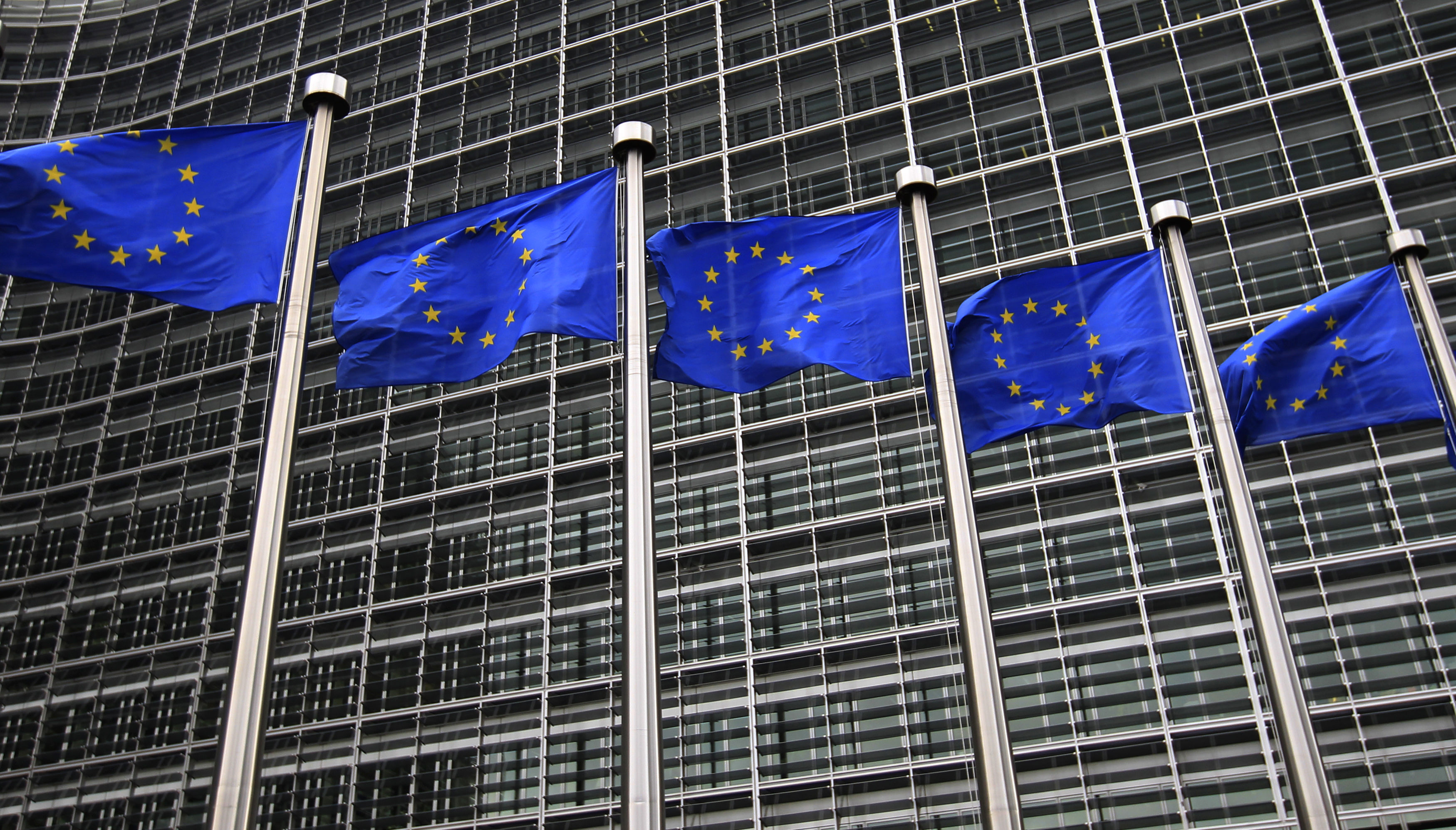News
No role for EU in wage development

Oliver Roethig, UNI Europa Regional Secretary, stressed in his speech to the EU Employment Committee that the current EU policies to tackle the crisis remain an outright attack on labour. They were both anti-social anti-European:
“UNI Europa does not support the EU’s economic and social governance approach!
Quite frankly when I look at the EU’s crisis policy, I hear the orchestra playing on the sinking Titanic: Cutting wages is the only way to cope with the crisis – improving economic performance takes too long. Social matters are an obstacle to growth. Or put differently: the ship can’t be changed so better try to swim in ice cold water, or – if you are rich – take a boat.
Wednesday was the 80s anniversary of Hitler taking power – the EU‘s approach unfortunately resembles the catastrophic policies leading up to this day!
Greece illustrates this, society is unravelling:
- 2/3s of young women are unemployed
- workers income is down by 1/3
- people return to the countryside to live of the land.
So the solution is more austerity resulting in more inequality?
What needs to be done is a total change of policy – a stop to austerity policy. What we need is a European Marshall Plan, a large investment programme for growth, decent jobs and decent income.
We reject the economic governance approach that makes social dumping the corner stone of EU economic policy. Instead, we need a long-term strategy for growing the income of the 90% of society – with minimum wages, wage increases and more save jobs.
Renewed focus on manufacturing is fine. However, we should be clear too that well paid workers in the much larger service sectors are more important for creating demand and stabilising Europe’s economy.
The trade unions reject EU wide pressure to weaken trade union and workers rights. EU policies should instead actively support the role of trade unions in industrial relations and economic governance. This actually creates growth and economic stability!
Wage coordination with social partners as an alibi for neo-liberal polices won’t work. There is no role for the EU in wage settlement – directly and indirectly .
What is needed however is an open discussion between EU, governments and social partners at European level on national wage developments.
Just as an afterthought: There was an enlightened presentation by the ILO showing clearly that there was scope for real wage increases in most EU countries. The straight reaction of the employers (Business Europe) was “ideology”. It is surprising how unashamed some mistake their ideology for a picture of the real world."

